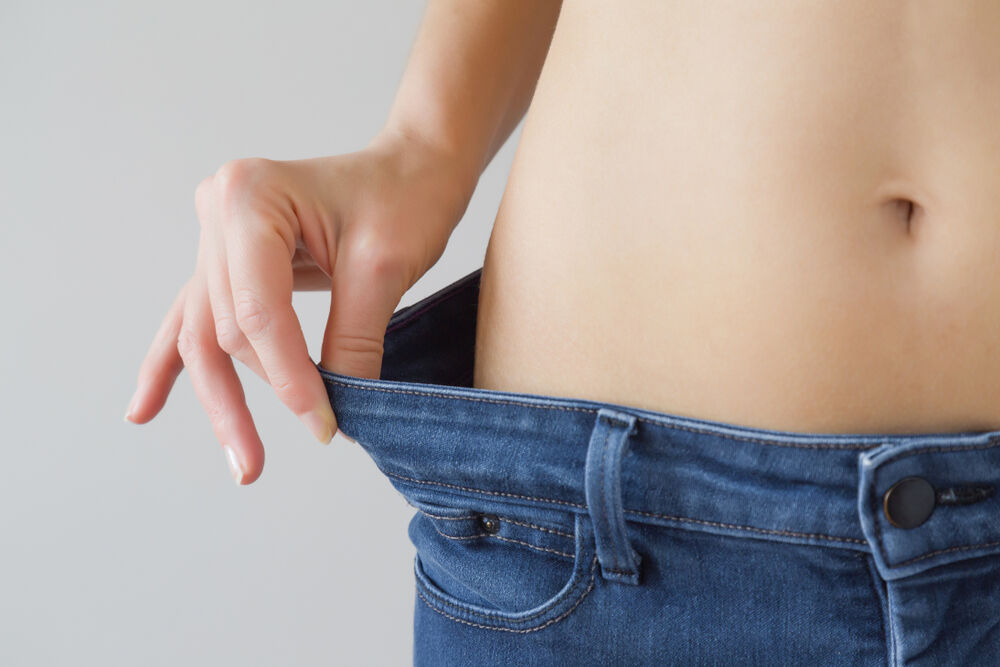What is a hysterectomy?
A hysterectomy is the removal of the uterus. It may include removing the ovaries and fallopian tubes as well. It’s a relatively common procedure for women in the United States, especially those between 40 and 50 years old, and may be the best treatment for chronic pain or disease. Some of the conditions that may require a hysterectomy are:
- Uterine fibroids, which are noncancerous growths that appear in the uterus. These can cause heavy periods and prolonged bleeding. Fibroids can also cause lower back or pelvic pain. The causes for fibroids aren’t completely known, although a family history of the condition and obesity are risk factors. This is the most common reason for a hysterectomy.
- Endometriosis, which is a condition where uterine tissue grows outside the uterus. In endometriosis, the uterine tissue typically grows in the lower pelvic region, although it can grow anywhere in the body. This tissue thickens and bleeds during the menstrual cycle, just like the uterine tissue inside the uterus, and can be very painful.
- Uterine prolapse or pelvic support problems. Uterine prolapse is when the uterus slips down into or protrudes out of the vagina. This can be a dangerous condition and may lead to problems with the bowel and bladder.
- Abnormal uterine bleeding
- Chronic pelvic pain due to a combination of the above conditions
- Cancers of reproductive organs, including ovarian and uterine cancers
Once you’ve had a hysterectomy, you can no longer become pregnant, and you’ll no longer have periods.



